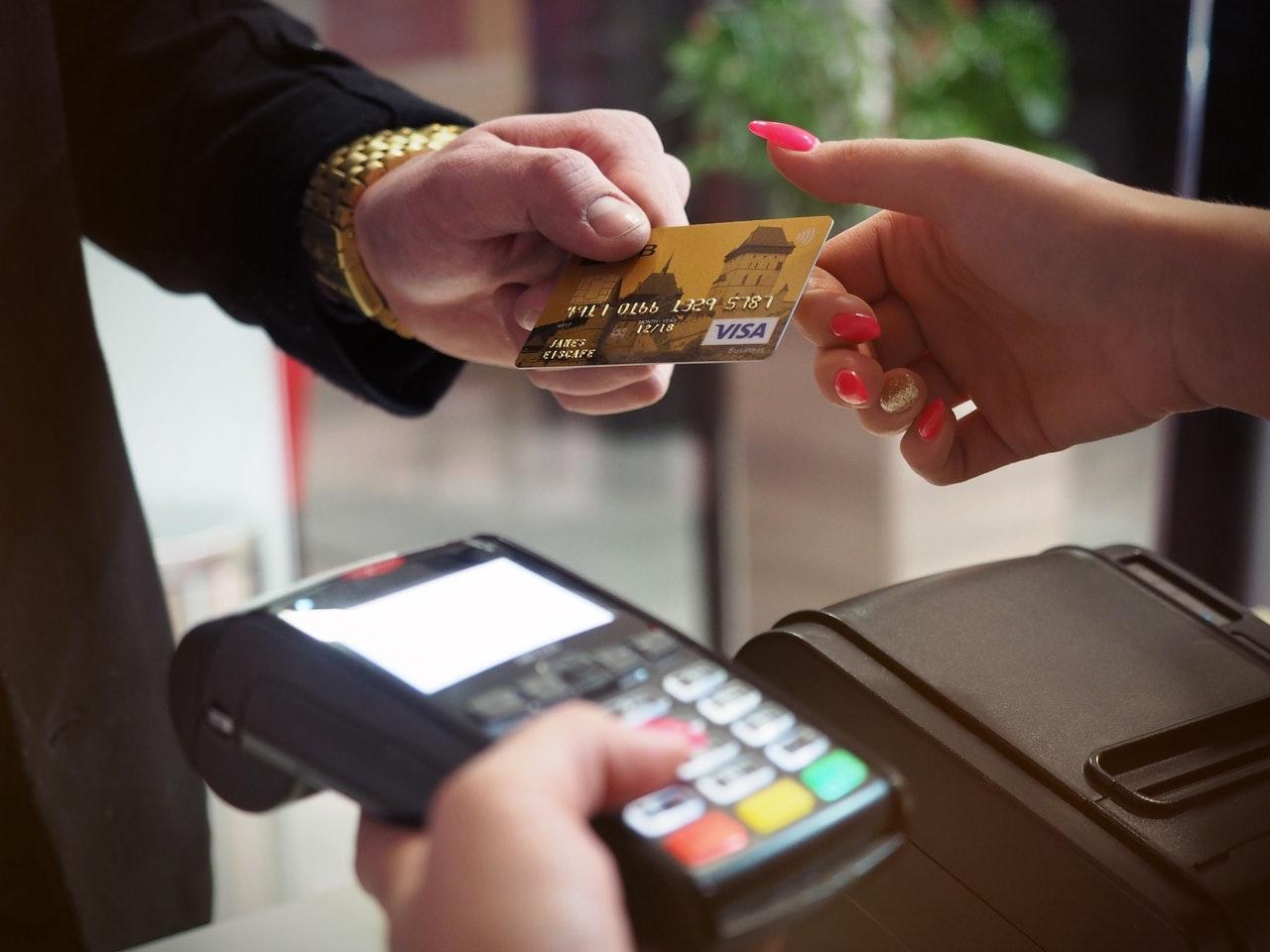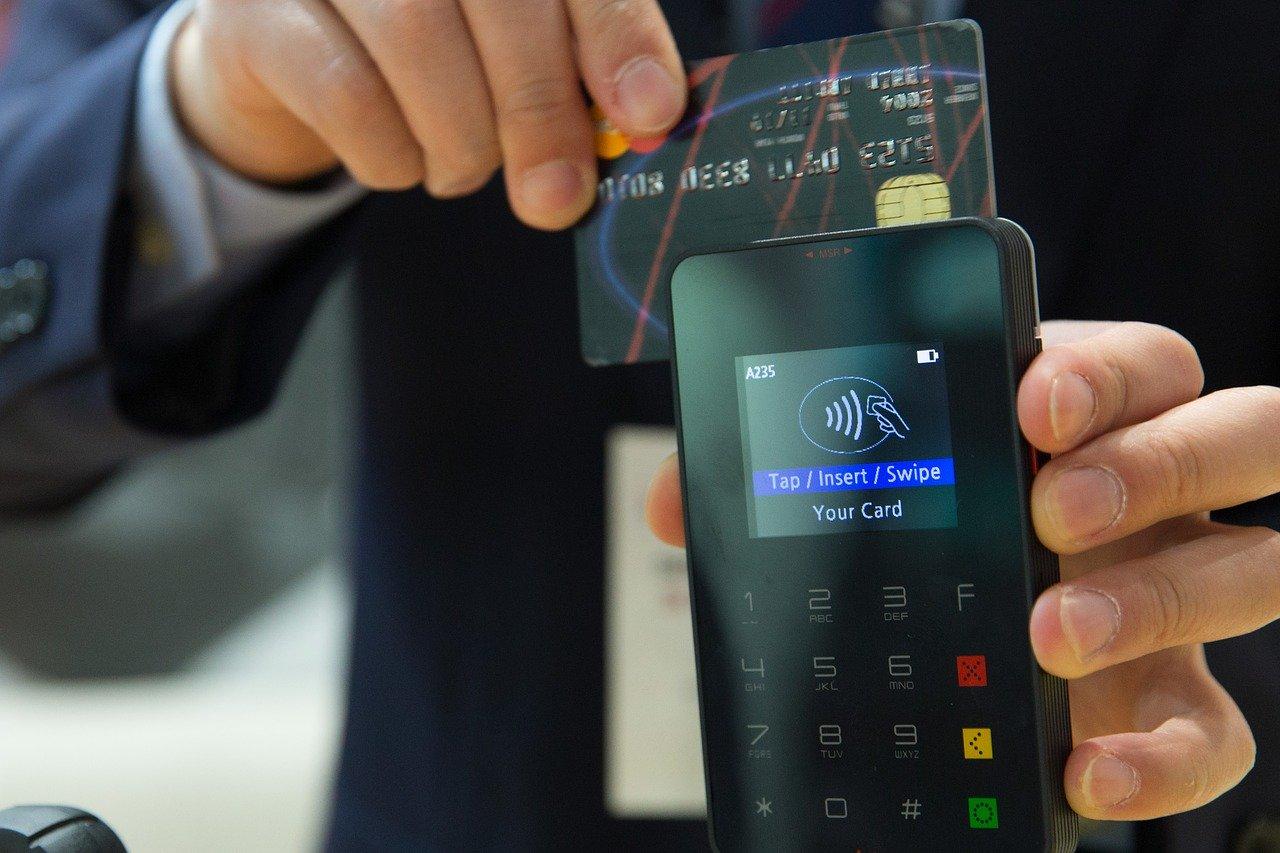How will mobile POS terminals help Azerbaijani microbusinesses? Review by Khazar Akhundov
Azerbaijan continues the introduction of modern mechanisms stimulating the development of non-cash payments, the basic condition for optimization of tax collection in the economy's non-oil sector. Thus, the Cabinet of Ministers have recently decided to amend the decisions on the use and application of POS terminals in the country, simplifying a number of mechanisms of cashless payments and introducing new mobile technologies in this area. In particular, the adopted measures contribute to the implementation of the cheapest and the most accessible technology of mobile terminals mPOS in the country, which, in particular, contributes to fuller coverage of small and micro businesses by a digital payment system.
Over the past four years, a huge amount of work has been done in the country as part of the "State Program to Expand Digital Payments in Azerbaijan for 2018-2020": large-scale reforms of the payment system have accelerated the introduction of IT infrastructure and new software solutions in the banking sector, processing structures, and other payment service providers. It is noteworthy that the pandemic crisis played the role of a catalyst for change in the field of digital payments, as restrictions on the movement of citizens during the lockdown and quarantine period, significantly increased the need for e-commerce services, electronic and mobile banking, etc.
Successes in this area are quite obvious and according to the data of the Central Bank of Azerbaijan, last year the total volume of transactions with payment cards in the country grew by 28.2 per cent and reached 36.1 billion manats [$18.3 billion]. In turn, the volume of non-cash transactions with payment cards in the country grew by 79.6 per cent and reached 11.5 billion manats. Transactions in e-commerce also grew rapidly, their volume for the year by 81 per cent up to 7.5 billion manats. Also, within the framework of the project of a "smart" city, the public transport in the capital and other major cities of the country is gradually transferred to cashless payment. And besides the extensive system of BakiKart in Baku, alternative mechanisms for payment for transport services by bank cards and mobile devices with the application of NFC-payment technology are being formed.
At the beginning of this year, the number of payment cards in circulation amounted to 11.5 million units, i.e. today the total volume of card issues exceeds the population of the country. According to a recent study by international company Visa, about 59 per cent or about 6 million people in Azerbaijan hold at least one bank card, and 19 per cent of citizens have more than two cards.
The mass introduction of bank cards among pensioners, students, and civil servants, as well as in most private companies and financial institutions in the country helped break the inertia of thinking of the mainstream of Azerbaijani society, which until recently gave a clear preference to cash transactions.
In short, the digital society in Azerbaijan is forming, but not yet as fast as one would like. Cash transactions still dominate in the country, and by many measures of payment cards the country is inferior to other post-Soviet countries. Thus, according to the American Chamber of Commerce in Azerbaijan (AmCham), despite a multiple increases in the number of payment cards and cashless transactions, Azerbaijan lags behind neighboring Russia, Kazakhstan, Georgia, and the Baltic countries in the number of bank cards per capita and the number of POS-terminals given to business entities. But the worst thing is that in our country over two-thirds of all card operations are still withdrawals of cash through ATMs. For comparison: the share of cash withdrawal operations in Kazakhstan is 38 per cent, in Russia - 29 per cent, and in the whole world - only 14 per cent.

These problems are extremely important because the key objective of the national program of digitalization of monetary circulation is to ensure greater fiscal transparency. According to experts' estimates, a 10 per cent increase in non-cash payments creates conditions for a 5 per cent reduction in the "shadow" economy.
That is why in recent years the country has paid maximum attention to consecutive measures on the promotion of a cashless payments system in the trade and service sphere increasing thereby transparency in tax payment and suppressing unrecorded turnover. In particular, by efforts of the State Tax Service (STS) under the Ecoonomy Ministry a large-scale digital transformation of tax administration supported by the growth of non-cash payments, legalisation of employment contracts, reducing the shadow economy, and ensuring transparency in government-business relations was realised. Azerbaijan's Economy Minister Mikayil Jabbarov has recently noted that over the past few years a breakthrough was made in the digitalisation of the State Tax Service, which simplified the provision of tax services. As a result, the share of voluntary payments in tax revenues from the non-oil sector is now close to 90 per cent.
And last year the highest rate of growth of tax revenues was in catering - 84.1 per cent, retail - 53.7 per cent, and services - 19.7 per cent. It is noteworthy that in the recent past, the cases of concealment of turnover and tax evasion were very often registered in these spheres. The introduction of modern digital tax technologies in the trade turnover contributed significantly to this positive change. In particular, we are talking about fiscal digital platforms created with the use of electronic tools, and mechanisms of electronic control of tax reporting. The implementation of the "edv geri al" VAT refund project of the Fiscal Office also helped increase transparency in the field of cashier's checks and strengthen civil control over this process. A weighty role in these processes was played by mass equipping public catering, trade and service entities, and retail and wholesale sites with new generation cash registers. Today, there are 58.095 million cash registers in Azerbaijan, and by the results of January-April 2022, turnover through these devices exceeded 6 billion manats, up by 42 per cent compared to the same period last year. The introduction of the latest devices has increased the use of cashless payments by an order, ensuring greater transparency of the turnover.
Finally, in recent years the country has been steadily increasing the introduction of POS terminals in retail facilities: their number has exceeded 66,200 by the end of the first quarter of 2022 (an increase of 8.8 per cent since early 2022). Today most parts of the trade and service facilities, catering points, etc. are equipped with such equipment in Baku and all big cities of the country. The opportunity to pay through POS terminals is available in all large grocery supermarkets, car showrooms, housing construction, and construction material trade. However, the share of cashless payments in many small trade objects, including seasonal kiosks and mobile trading of soft drinks, vegetables, and fruits, car washes and beauty salons, small drugstores, small points of service, and catering is still very small. In general, two-thirds of all POS terminals are in the capital, and the rest are in the regions of the country.

However, it should be taken into account that small and microbusinesses, especially in the regions, traditionally pay in cash, and it is unprofitable for entrepreneurs to purchase quite expensive stationary POS terminals with a relatively small turnover, and often their operation is technically difficult due to lack of access to fixed broadband Internet.
To overcome such barriers and expand as much as possible access of small and micro business to payment services through terminals, the Cabinet of Ministers has recently passed changes to the orders and approved the rules for installation, use, and application of POS terminals in Azerbaijan and the criteria for determining objects on which POS-terminals will be installed. The amendments proposed by the Cabinet of Ministers established a legal basis for the use of mobile devices equipped with the necessary software for the receipt of cashless payments as POS terminals, as well as greatly simplified the registration of such terminals. Among other things, the amendments introduced by the Cabinet of Ministers have expanded alternative solutions for digital payments, contributing to the wide implementation of mPOS technology (mobile point of sale), which is now considered the cheapest and most transparent way of cashless payment for retail trade, reducing significantly the costs of banks and merchants.
The compact mPOS device is a trading terminal (reader) connected via USB or even a 3.5 mm mini-jack to a smartphone or tablet that enables cashless payments via a bank card. Accordingly, the smartphone installed a program - a mobile payment application of those or other banks. It is possible to accept payments from a bank card without a reader by manually entering the data of the bank card directly in the bank payment mobile application and also to pay through smartphones equipped with the NFC module by generating a QR code. The advantages of the mPOS system include compactness, low cost, and the ability to make payments in any geographical location (remote villages, mountain and forest camps, the beach) where there is access to the Internet via cellular communication. This option of cashless payments is safe for buyers, they confirm the payment with an electronic signature via a smartphone or with a code received via SMS message. A check-in electronic form is sent in the form of an SMS message to the cell phone or e-mail of the payer.
We hope that the rules of using mPOS technology simplified by the Cabinet of Ministers will contribute to its spreading among couriers delivering food and goods, as well as artisans, souvenir traders, self-employed individual entrepreneurs providing services at food, clothing, construction markets, in agro-ecotourism and passenger shuttle service, etc. Thus, the access of small trade and service facilities to non-cash payment services will be further expanded, and fiscal transparency in this area will noticeably improve.








